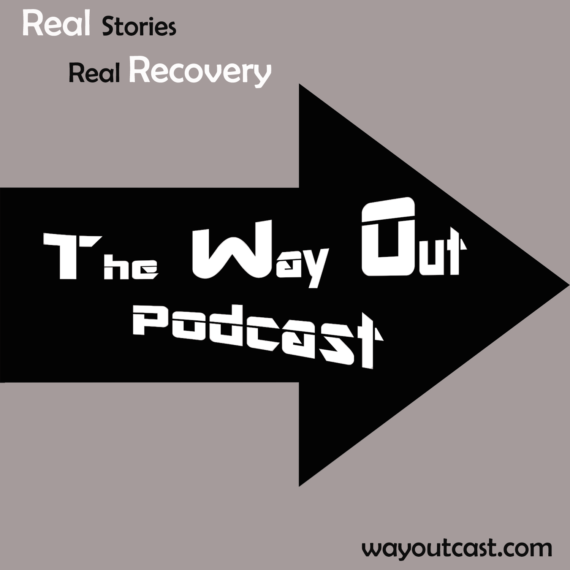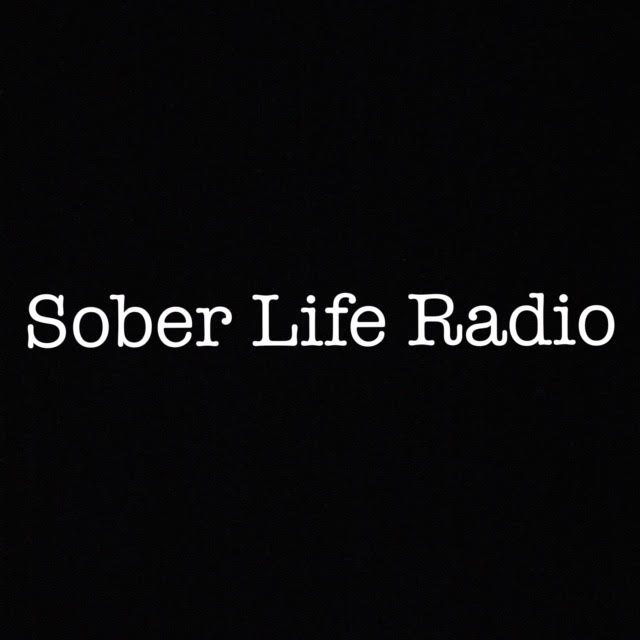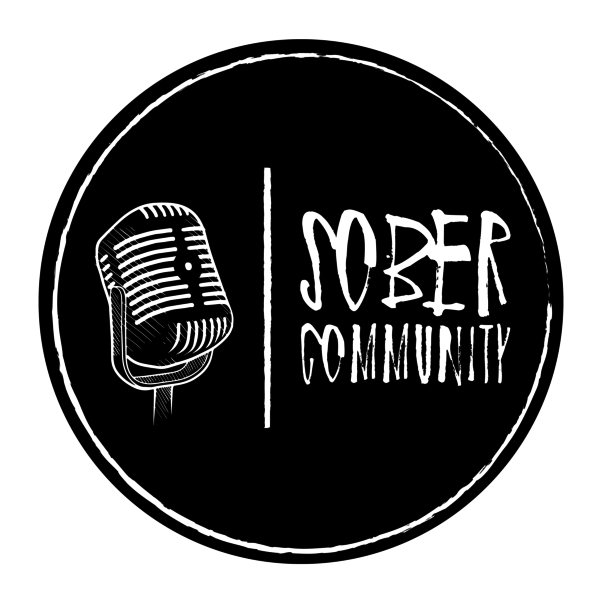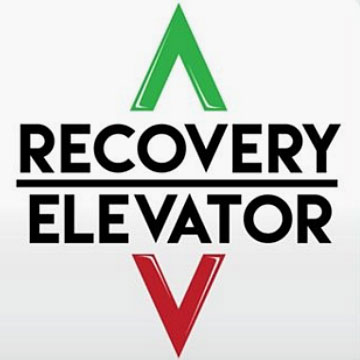
Reading the Signs of Addiction: Detective Piatchek, Palm Beach County Sheriff Dept.
Reading the Signs of Addiction: Detective Piatchek, Palm Beach County Sheriff Dept.
Detective Piatchek was on scene for Sam’s overdose. Greg asks Piatchek what he found during Sam’s investigation, more specifically what he could glean from his cell phone record. “There was a number with no name associated to it,” Piatchek says. “Usually when we see just a telephone number and some texts messages, it usually indicates it is someone whom they don’t want to associate the name with the number. They want to keep it under the radar.”
The Detective goes on to describe the scene of the crime. “It looked like a typical male having fun, playing video games on the couch. The video game was playing on a cycle. A bachelor scene with beer bottles in the trash.” As Piatchek continues his description he notes the absence of drugs, saying, “The clean scene means nothing. There could have been another person using, who cleaned the scene or not.”
As a concerned parent, curious as to why no arrests have been made, Greg asks why the phone number isn’t enough to go after the dealer. “In any case you have to have solid evidence that points to a suspect. Just because it is a telephone number you don’t know who that telephone belongs to. You can buy a phone at a gas station, put some numbers on it and use it as a burner phone. The hard thing is to prove that the person on the other end of the line is the actual seller,” says Piatchek.
Piatchek suggests that as a parent, you should consider carefully stalking a child who you suspect is using drugs. “It is tough as in most states at the age of 18 your child becomes an adult. As an adult they have the ability to make their own choices. You can only do as much as you can do. Ultimately they are going to want to do the right thing also,” says Piatchek. He recommends that you should be involved and in their face if you notice they are struggling. “You have to stalk them and stick with them until they get to a spot where they are safe. It is not going to be easy or fast. You have to be with them. Put your thumb on them. Place them in a totally different area.”
Piatchek discusses the differences between juvenile children and adult children. “Of course the parents of juveniles have a bit more control. Look through their phone, get passcodes, look at their behavior. Are they sleeping a lot? Are they are locking themselves in their room? Seclusion? Are they in a depressed state? Are spoons missing? Are they stealing?”





















